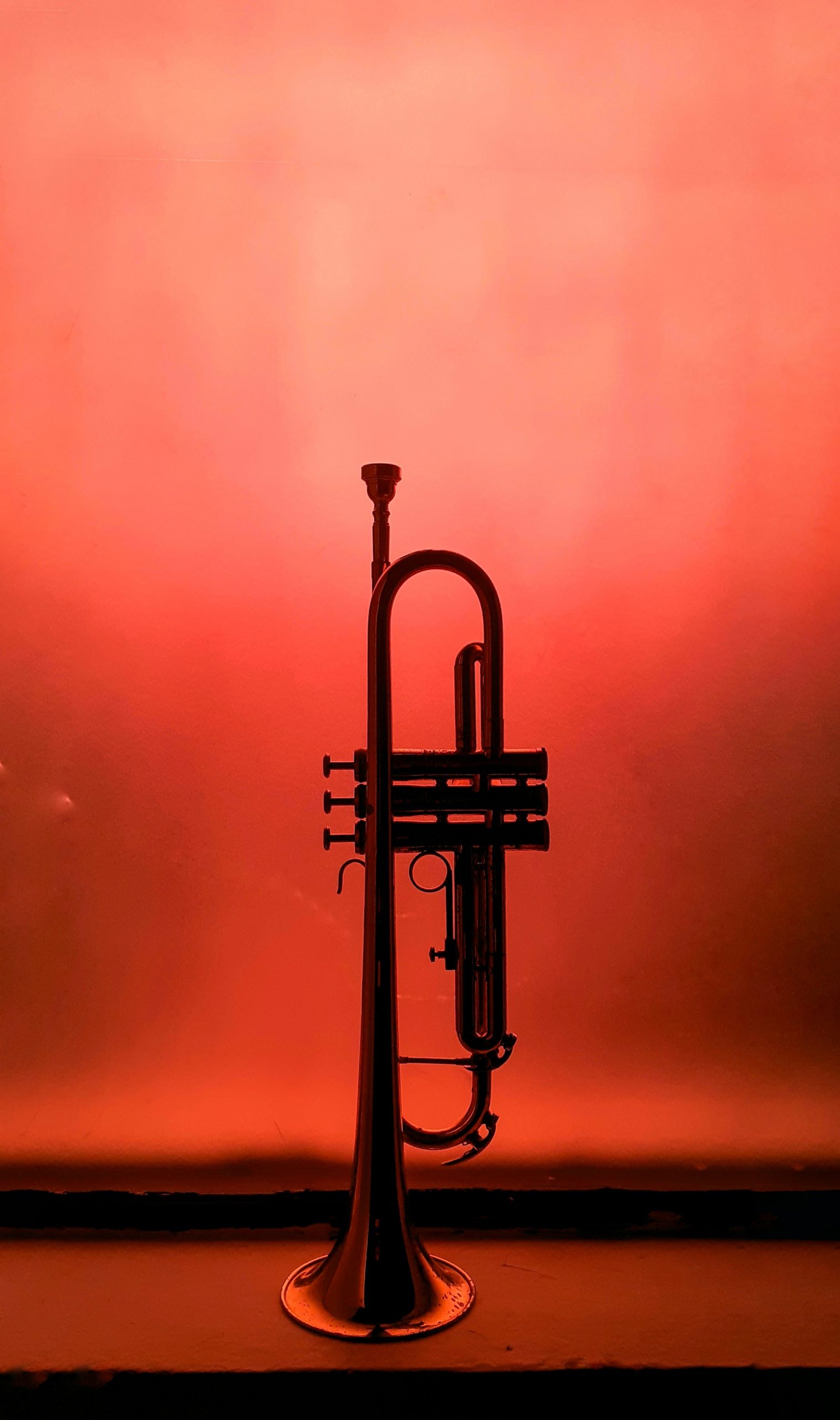
One of the commonest things you heard about the Lockdown was the isolation and mental health problems it brought along with it, and fortunately, as we enter a new period of lockdown and although people can still meet in bubbles then at least the vulnerable and those on their own can at least meet up with family and feel a little less isolated.
Many in the arts though are suffering all sorts of problems, theatres and music venues have been closed for months and there is a huge loss of jobs in this sector, not to mention the mental health issues caused by a lack of financial stability,

Amateur groups have also been badly hit, full band and choir rehearsals stopped in March and still have no sense of when they will be able to restart properly. Christmas events have been cancelled as have Brass Band events up to Easter including the regional contests. But what effect does that have on individuals who rely on and such groups to keep them in touch with people? Since the guidelines were relaxed during the summer some bands have taken the opportunity to rehearse in small groups which does help to mitigate the sense of isolation but with nothing imminently to prepare for do they just become an aimless blow through? This may be ideal for some people and they will obviously gain the social benefits of this particular activity, but what about those who are more vulnerable and don’t feel comfortable with attending, or even going out at all, and of course all these activities have to stop for the next month anyway.
Those who feel, and are sometimes told, they are vulnerable do find it difficult, even going to the shops is a chore at best and some feel it to be impossible. Music groups are normally the one thing that people look forward to and for many people who are categorised as vulnerable they are a lifeline in terms of having some company and meet up regularly with others. Most of us now have experience of being locked up for days on end and it isn’t a great experience. However, those who are in a more vulnerable category have the added worry that going out presents them with a risk that they are unable to take which gives them an impossible choice.

Compared, however, to previous generations we are in some ways much better off. The flu epidemic of 1918 came before the era of modern communications and the internet and it is difficult to understand how they managed. Presumable most news came from newspapers rather than the broadcast media we are used to. We are also lucky to have video conferencing and although it has revolutionised work and communication within families it must be recognised that it is only a 2-dimensional image and although it might be better than a phone call it is more difficult to develop a sense of rapport, particularly with new contacts, than it is in person.
There are some very different views on lockdown, and more generally on how to handle the pandemic, but we must not lose sight of the fact that amateur bands and choirs are important social groups as much as they are music makers. From a public health perspective, a second lockdown probably makes sense; but, although I am not advocating another course of action, we do need to realise that there is a group of people out there who are extremely disadvantaged, not through Covid but by the lack of social adhesion provided by these amateur music makers which is causing some distress and anxiety.
It is difficult to see how things can get back to normal until social distancing rules are relaxed but it may be that we can alleviate some of these problems and have something of a summer programme next year, even under the current restrictions. The only problem with that is how to rehearse in the warm-up to those events, we will have to wait and see.
Hopefully, it will become clearer next year.



